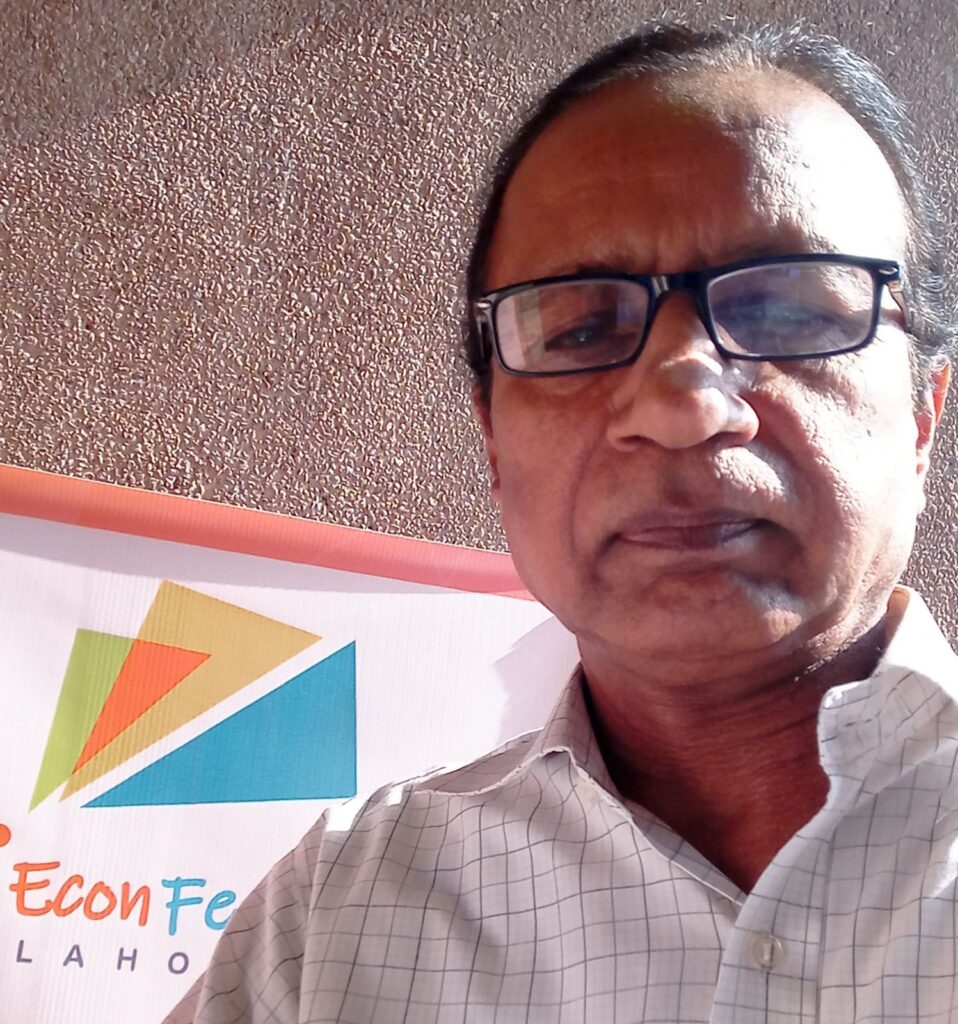آج (4 اکتوبر،2017ئ، کو) ”ڈان“ میں ایک چھوٹی سی خبر شائع ہوئی ہے۔ سرخی یہ ہے: غیرمصدقہ نمبر پلیٹوں پر یلغار (”کریک ڈاؤن“) شروع۔ تفصیل اس خبر کی یہ ہے کہ چیف ٹریفک آفیسر نے منگل کو وارڈنز کو غیر مصدقہ نمبر پلیٹوں کی حامل موٹر بائیکوں اور دوسری گاڑیوں پر یلغار میں شدت لانے کی ہدایت کی۔ ٹریفک پولیس کے مطابق اس یلغار میں شد ت لانا اس لیے ضروری ہے، کیونکہ غیرمصدقہ نمبر پلیٹوں والی گاڑیاں دہشت گردی کے لیے استعمال ہوتی ہیں۔
اس خبر نے مہمیز کا کام کیا۔ میں اس معاملے پر گذشتہ ہفتے بھر سے لکھنا چاہ رہا تھا۔ ہوا یوں کہ غالباً پچھلے برس یا ا س سے پچھلے برس جب ان نمبر پلیٹوں کی تشہیر شروع ہوئی، اور چند اخبارات میں دھڑا دھڑ اشتہار چھپنے لگے، تو میں نے یہی سوچا اور سمجھا کہ یہ بھی ان اخباروں کو نوازنے کا طریقہ ہے؛ …
The Government of India Act 1935 declared “Pakistan” only as an independent dominion. Then in the constitution of 1956, the state was named as the “Islamic Republic of Pakistan.” However, when the constitution of 1962 was promulgated, the state of Pakistan found a new name, “Republic of Pakistan” with the prefix “Islamic” dropped. The same was restored to its original position in 1963. Down the road, the constitution of 1973 retained this nomenclature for the state of Pakistan; so the name resonates to this day.
But one question has perennially been raising its head through the 7 decades of the history of Pakistani state: Did this naming, renaming, i.e. conversion and neutralization of the state of Pakistan make any difference to the life of the ordinary citizens of Pakistan? Has the politics which produced, abrogated, suspended or put in abeyance these constitutions
It does not need any political acumen to see the reality behind the results of those surveys which declare the governance in the province of Punjab as better or best in comparison to other provinces. Building flyovers or such “marvels” within a stipulated time or following the PPRA (Public Procurement Regulatory Authority) rules is no feat; that should go on on its own as a matter of routine. Reaching at any place where for instance a hapless woman has been raped, or a heinous murder has taken place, or in the midst of flood-ravaged people by no means can be termed good governance. It is at best ruling and behaving like a royalty.
Common sense does not tolerate high-sounding praises of such governance by those analysts who believe wisdom is their handmaid and it is they who are there to teach the

